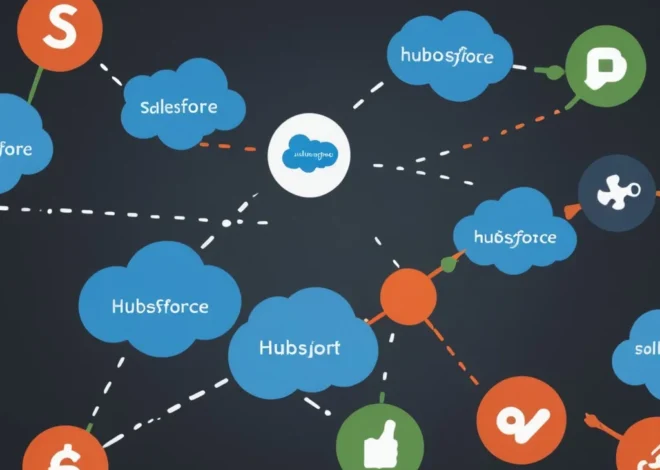
How to Prepare Your Data for Salesforce Einstein AI: A Step-by-Step Guide
How to Prepare Your Data for Salesforce Einstein AI:
A Step-by-Step Guide
In today’s data-driven world, integrating artificial intelligence (AI) can provide significant advantages for your business. Salesforce’s Einstein AI platform offers a range of powerful AI tools to help you gain insights, automate tasks, and enhance customer satisfaction. However, to fully leverage the potential of Einstein AI, it’s essential to ensure your data is properly prepared. In this article, we’ll provide you with a straightforward, step-by-step guide to get your data ready for Salesforce Einstein AI.
1. Understand Your Salesforce Data
Before embarking on your AI journey, it’s crucial to have a clear understanding of your data. This means knowing the type of data you have, where it comes from, and its overall quality. Equally important is identifying which data is relevant to your AI goals.
2. Cleanse Your Salesforce Data
For AI to work effectively, high-quality data is paramount. Start by identifying and removing duplicates or irrelevant records. Standardize data formats, rectify any inconsistencies, and enhance your data by incorporating additional information from external sources.
3. Ensure Data Security and Compliance using Salesforce
Maintaining data security and compliance is of utmost importance. Depending on your business, you may need to adhere to specific regulations like GDPR or HIPAA. Implement robust security measures to protect your data.
4. Integrate Your Data using Salesforce
To make the most of Einstein AI, it’s essential to seamlessly integrate your data into the Salesforce ecosystem. This ensures that your data is readily accessible for AI-driven insights and actions. You can use data connectors and integration tools to facilitate this process.
5. Prepare Data for AI Training using Salesforce
If you intend to develop custom AI models, your data needs to be prepared for training. This includes tasks like data labeling, feature engineering, and creating datasets that align with your AI objectives.
6. Choose the Right AI Features for Salesforce
Salesforce Einstein offers a variety of AI features tailored to different business needs, such as predictive lead scoring, recommendation systems, and sentiment analysis. Select the features that align with your business objectives and suit your data’s readiness.
7. Monitor and Refine your Salesforce Data
Data is dynamic, and it changes over time. Regularly monitor data quality and the performance of your AI models. Make necessary adjustments and refinements to ensure optimal results.
8. Salesforce for Training and Documentation
Empower your team with the knowledge they need to effectively use Einstein AI. Provide training and documentation that explains how to utilize AI features, interpret insights, and act upon them.
9. Start Small and Scale Gradually
Rather than attempting complex AI deployments right away, begin with smaller, manageable projects and gradually expand as your confidence and understanding of AI grow.
10. Seek Expert Assistance
If you encounter any uncertainties throughout the process, don’t hesitate to seek guidance from Salesforce consultants or AI experts who can provide valuable insights into data preparation and AI implementation.
In conclusion, ensuring your data is ready for Salesforce Einstein AI is a pivotal step in harnessing the potential of artificial intelligence for your business processes. By understanding your data, maintaining data quality and security, integrating it with Salesforce, and continually monitoring and refining, you can create a solid foundation for successful AI adoption. With this strong data foundation, you’ll be well on your way to utilizing the power of Salesforce Einstein AI to drive innovation and growth within your organization.



